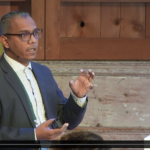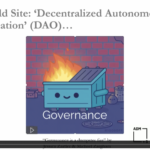
KARL MENDONCA
Google
[s2If is_user_logged_in()]DOWNLOAD PDF
[/s2If]
[s2If current_user_can(access_s2member_level1)]
[/s2If]
The ethos and methods of participatory research have been widely embraced as a powerful approach to address systemic inequity in the design of technology. While there have been many gains and developments that merit celebration, an unspoken, prevalent assumption is that inclusive forms of engagement will unequivocally result in a more inclusive product. Using the case study of an ethnographic project, this paper critically examines how the task of producing “better” (more ethical, more participatory, more statistically diverse) representations, had the unintended consequence of displacing structural outcomes to questions of aesthetics and statistical sampling. An investigation into the cause of this displacement reveals the resilience of deeper historical biases that persist from the early years of electronic computing. As a possible remedial framework, this paper introduces the field of infrastructure...





